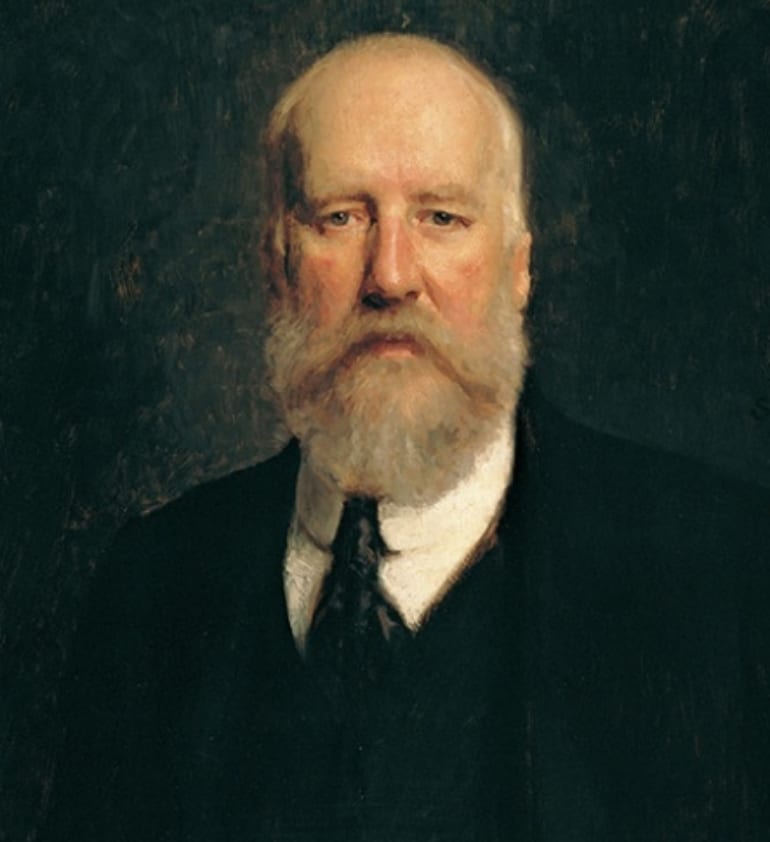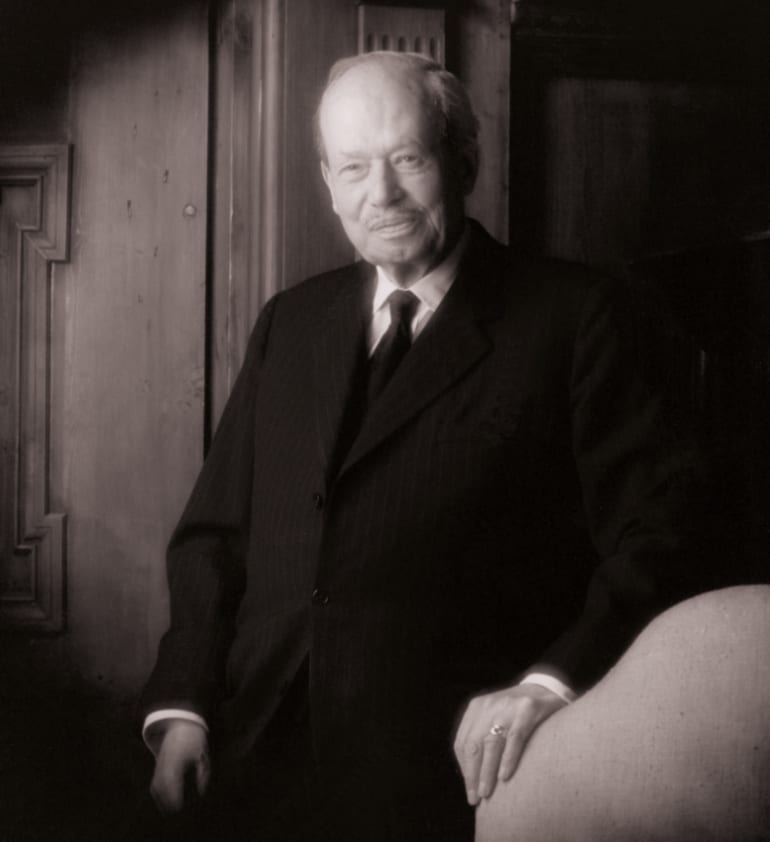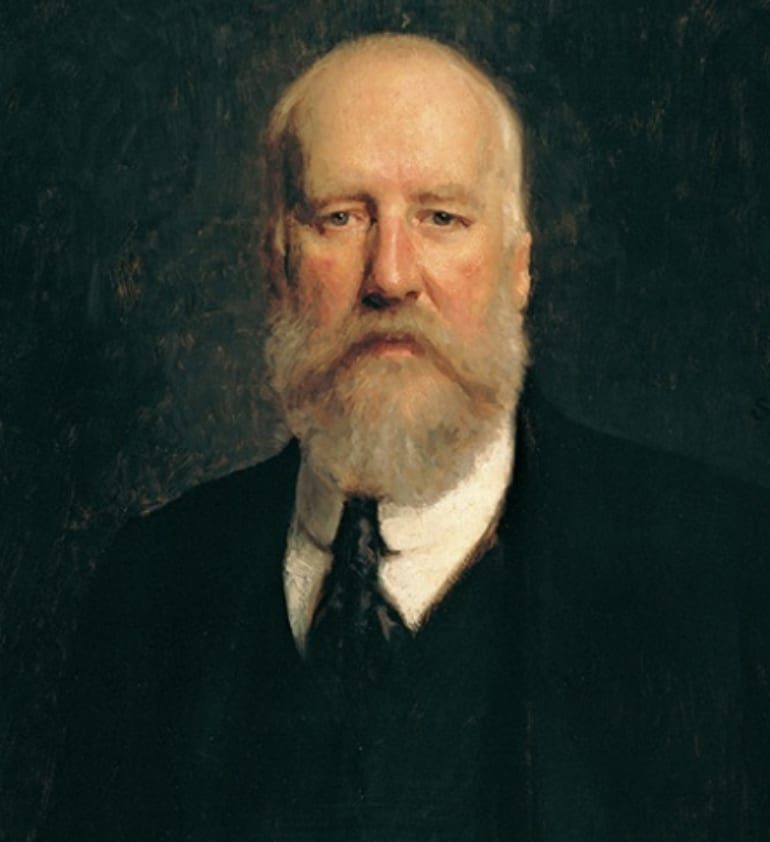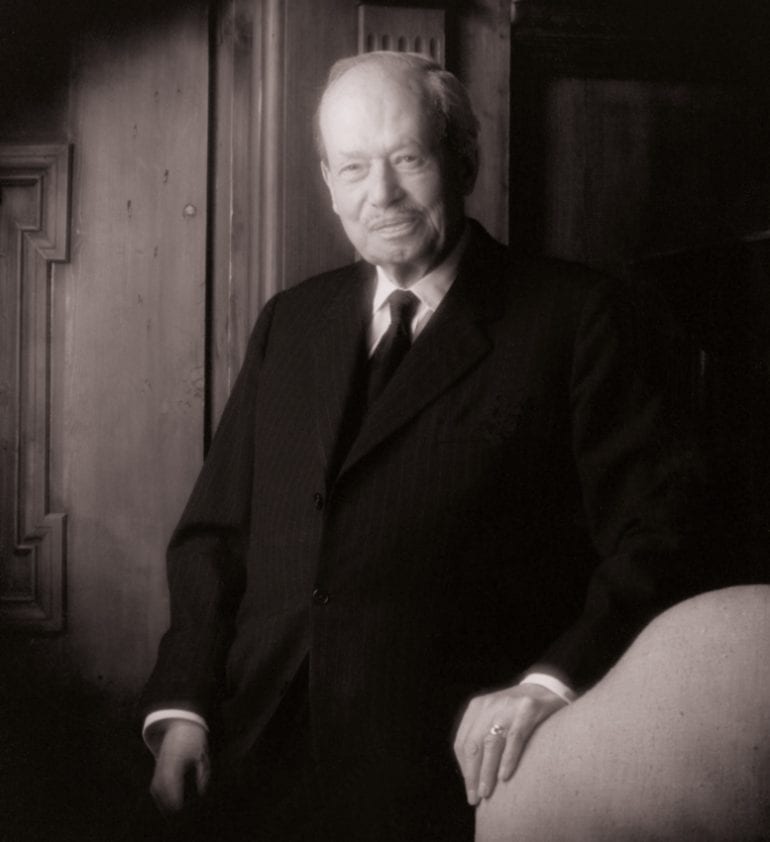

20th century
Prince Franz I.
1929 – 1938

Prince Franz I served as ambassador of the Austrian emperor in Russia between 1894 and 1898. In doing so, he was very keen to improve the difficult relations between the two monarchies and to help ease tensions.
After studying law at the Universities of Vienna and Prague, Prince Franz I (life dates: 1853-1938) initially pursued a military career. He later entered the diplomatic service and served as provisional attaché at the Austro-Hungarian legation in Brussels in 1879.
In the following years, he supported his brother in the administration of his properties and repeatedly took over his deputyship and stood by him in an advisory capacity in many ways.
Imperial Ambassador
From December 1894 to December 1898, Franz served as imperial ambassador in St. Petersburg. Even if it was not possible to achieve a lasting improvement in political relations between Austria-Hungary and Russia, this activity nevertheless gave rise to important initiatives that decisively deepened the scientific exchange between Austria and Russia. For example, the important library of the Russian historian Vasily A. Bilbasov was purchased and in 1907 the chair and the seminar and later the Institute for Eastern European History were established at the University of Vienna.
Honorary Member of the Academy of Sciences
Prince Franz I's keen interest in history led him to head several specialist associations and to help found various historical publication series.
In 1914, he was made an honorary member of the Academy of Sciences in Vienna and from 1917 he was a hereditary member of the House of Lords. These activities led to numerous awards at home and abroad. Shortly before his death in 1938, he transferred the regency to his young relative Franz Josef II.
Prince Franz Josef II.
1938 – 1989

It is thanks to Prince Franz Josef II that Liechtenstein was spared the turmoil of the Second World War. After the war, he put all his energy into the economic, social and cultural development of the country. Today, a modern and vital Liechtenstein bears witness to the success of his efforts.
Prince Franz Josef II was born on 16 August 1906 at Frauenthal Castle (Frauental) in Styria (life dates: 1906-1989). He was the first son of Prince Alois von und zu Liechtenstein and Archduchess Elisabeth Amalie of Austria. His godparent was Emperor Franz Joseph I.
Forestry studies in Vienna
Prince Franz Josef II attended the Schottengymnasium in Vienna, from which he graduated in 1925. His favourite subjects were mathematics, natural history and Greek. His great love of nature was reflected in his studies of forestry at the University of Natural Resources and Applied Life Sciences in Vienna. In 1930, he left the university with a diploma in forestry engineering.
Regency at war
On 30 March 1938, Prince Franz I entrusted him with the administration of the affairs of state. On 25 July of the same year, Prince Franz I died and Prince Franz Josef II took over the reins of the princely house and the country.
On 29 May 1939, in the face of the potential threat to Liechtenstein from the National Socialist German Reich, the homage of the Liechtenstein people to their Prince took place in Vaduz. In the midst of growing political tensions and an impending war, this public rally took a symbolic and powerful significance for the country: the people made an impressive commitment to statehood under the leadership of their new Prince Franz Josef II.
First Princely Wedding in Liechtenstein
In 1943, Prince Franz-Josef II married Countess Georgine von Wilczek. Five children were born of this marriage:
Prince Hans-Adam II, born 14 February 1945
Prince Philipp Erasmus, born 19 August 1946
Prince Nikolaus Ferdinand, born 24 October 1947
Princess Nora Elisabeth, born 31 October 1950
Prince Wenzel Franz Josef, (1962 - 1991)
Historical merits
Prince Franz Josef II did everything in his power to keep Liechtenstein out of the Second World War. With speeches from the throne and clear messages to his people, the regent strengthened the internal unity and resilience of the country.
Historical caesura
After the permanent move to Vaduz, a second historical caesura occurred in June 1945: the entire family property on the territory of Czechoslovakia, which had not yet been confiscated at that time, was confiscated by a decree of the communist-led Ministry of Agriculture on the basis of Decree No. 5 of 19 May 1945 issued by the President of the Republic, Edvard Beneš. This not only threatened the material foundations of the house, but also its centuries-long ties with the Bohemian lands.
Early succession planning
In 1984, the 45th year of his reign, Prince Franz Josef II appointed Hereditary Prince Hans-Adam II as his permanent deputy in accordance with Article 13bis of the Liechtenstein Constitution and entrusted him with the administration of the affairs of state. On 13 November 1989, after the death of Prince Franz Josef II, Prince Hans-Adam II assumed the regency.